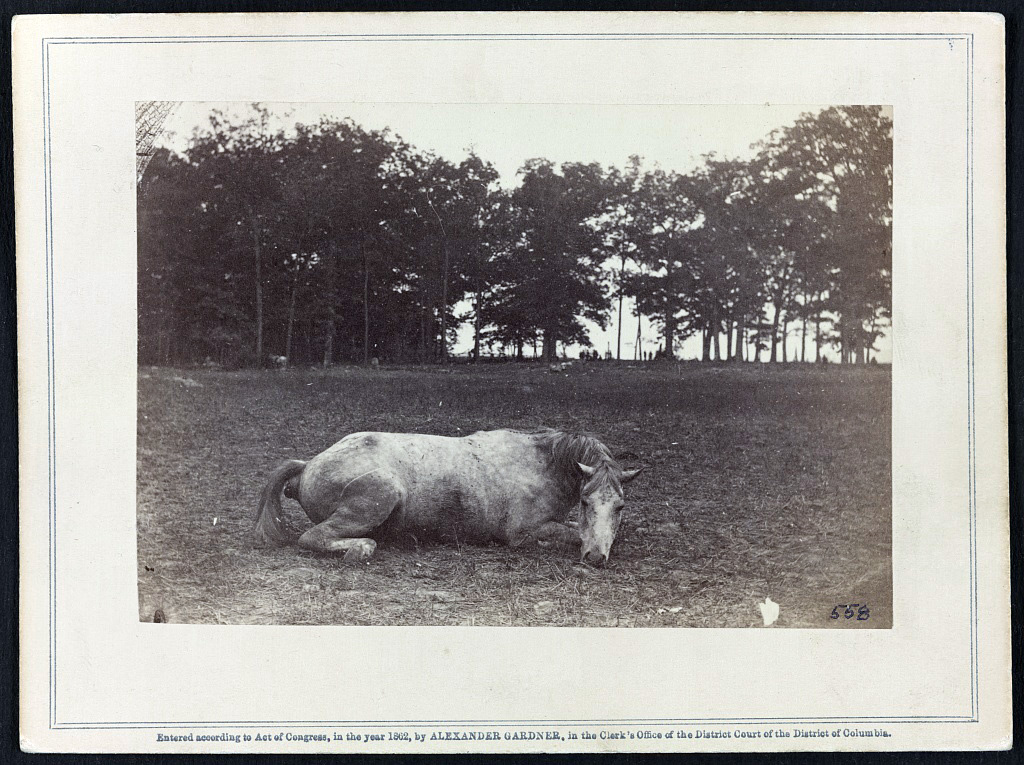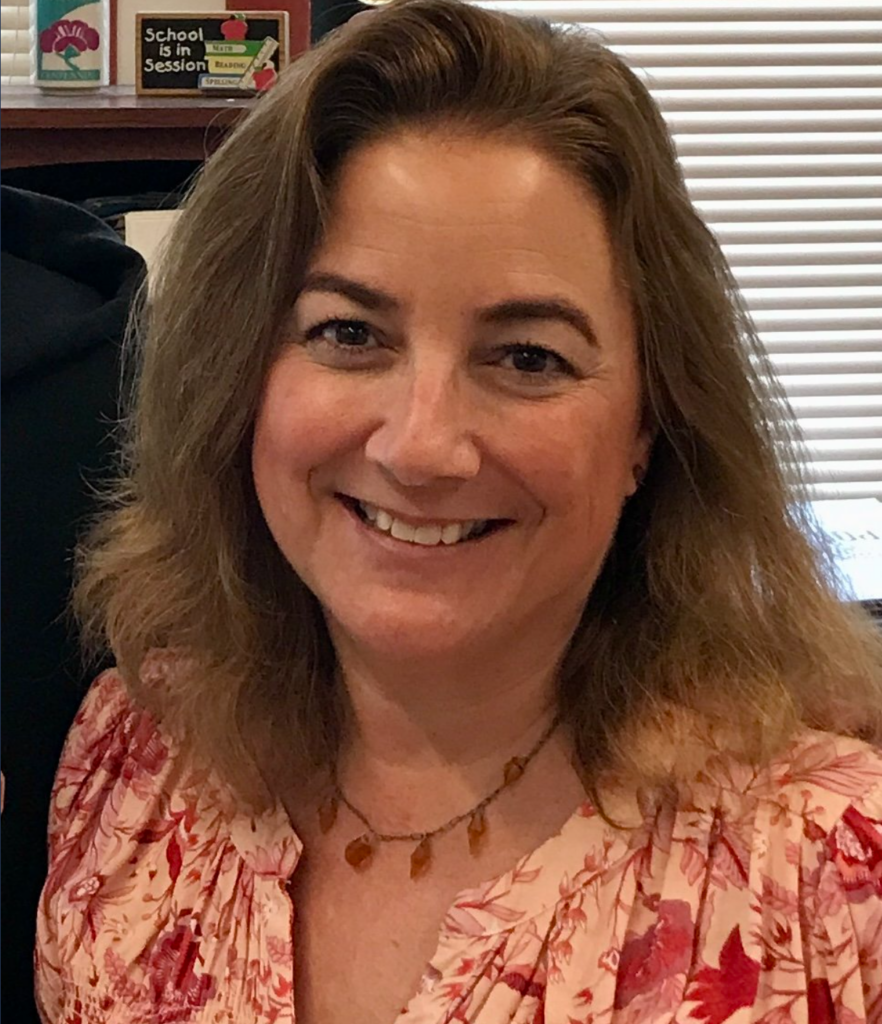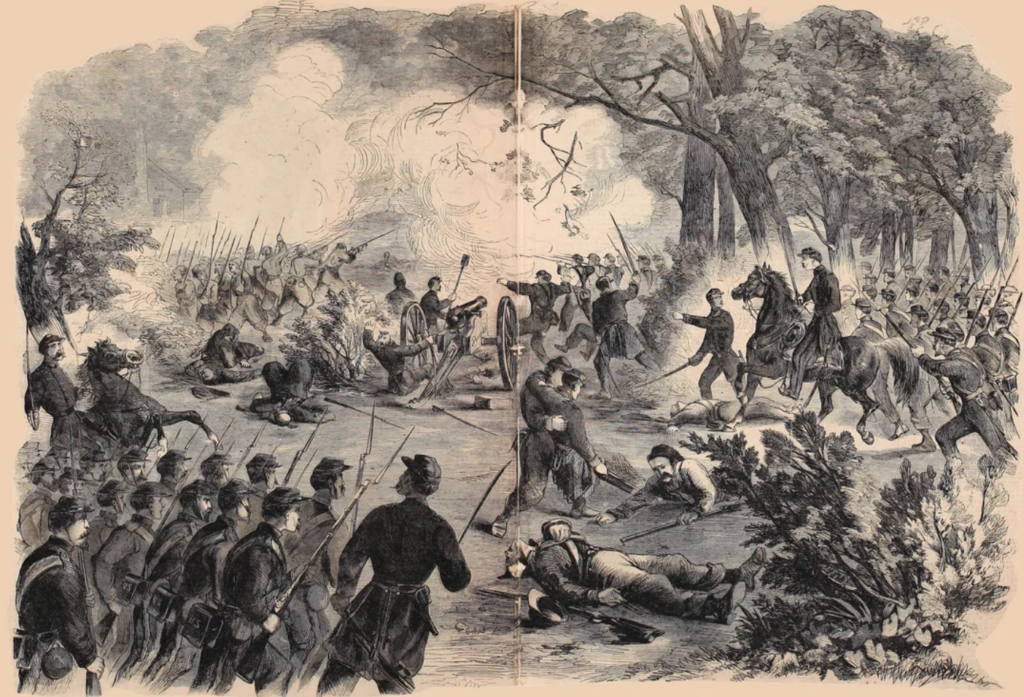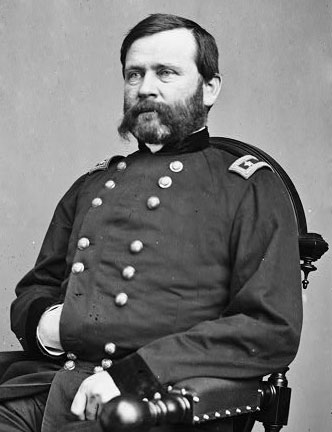Alan Sissenwein on “The Checkered Civil War Career of Edwin Vose Sumner”

History has not always been kind to Maj. Gen. Edwin Vose Sumner, the Civil War’s oldest corps commander. Born in Massachusetts in 1797, he had over four decades of military service behind him—with much combat experience—when the South seceded. In 1862, he was assigned to command the 2nd Corps in the Army of the Potomac, a position that some historians believe was beyond his capacity. Later that year, at the start of the Fredericksburg campaign, he took charge of the Right Grand Division, consisting of the 2nd and 9th Corps along with two cavalry brigades.
Sumner’s critics cite his performance at the Battle of Antietam as proof of his ineptitude. There, he led one of his divisions into the West Woods, where a Confederate counterattack inflicted over 900 casualties and sent the Federals reeling. Sumner’s culpability in this fiasco remains a source of debate, but the incident was unquestionably the worst moment of his military career.
Whatever Sumner’s limitations, his Civil War record also included successes. The general can be credited with averting disaster on at least two occasions. At the Battle of Fair Oaks, Sumner was ordered to cross the flooding Chickahominy River and support the isolated 3rd Corps, which was being hard-pressed by a Confederate attack. Ignoring warnings that the river had become impassable, Sumner and the 2nd Corps crossed the waterway over a pair of rickety bridges, one of which was soon destroyed by the surging current while the other was in danger of being swept away. Remarkably, they managed to reach the fighting in time to save the 3rd Corps from destruction. Six months later, at the Battle of Fredericksburg, Sumner staved off a potentially larger catastrophe when he dissuaded Ambrose Burnside from renewing his assaults against Marye’s Heights. This talk will examine Sumner’s personality and generalship, showing how they influenced the war for both good and ill.
Alan Sissenwein has been a member of the South Bay Civil War Round Table since 1997 and currently serves as its vice president. A professional writer, he holds a bachelor’s degree in history from UC Berkeley and a master’s in journalism from the Medill School of Journalism at Northwestern University. He is currently writing the second draft of a book on the Battle of Fredericksburg.




